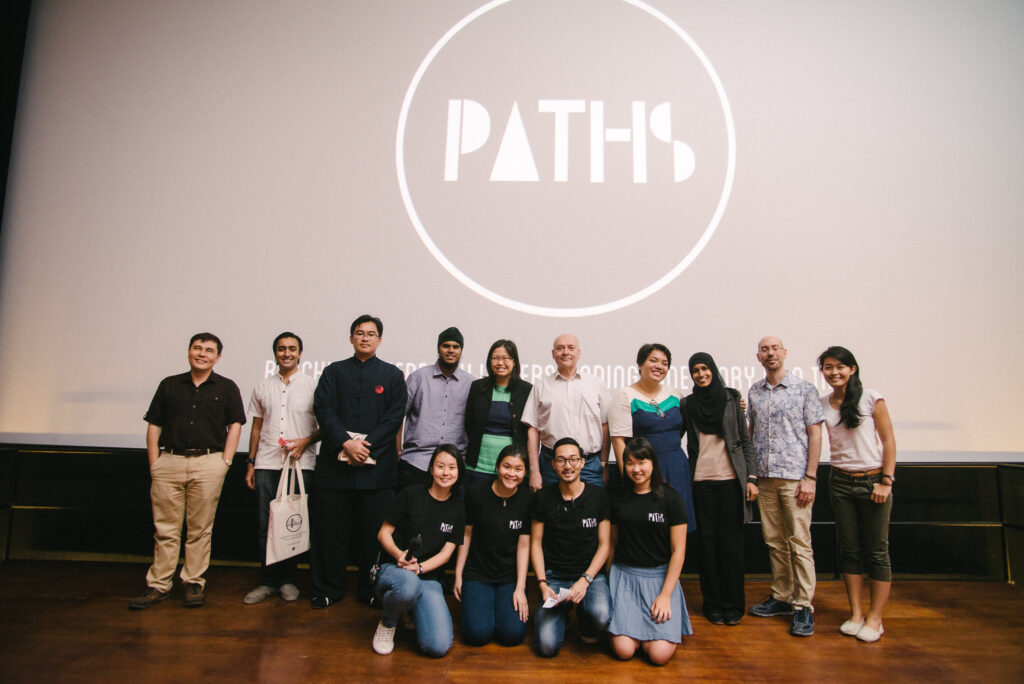
Every year, on the 21st of July, Singapore observes Racial Harmony Day commemorating the tragic 1964 race riots, which, half a century ago, threatened to tear our city apart. Since then, Singaporeans have worked hard to prevent history from repeating itself by rebuilding trust between ethnic groups and fostering harmonious interracial relations.
The effort to resist racism remains a work in progress. From time to time, there will be misunderstandings and flare-ups between different communities. Some racist prejudices run deep and take intensive work to counter our basal, tribal tendencies. To deny that racism exists to avoid an awkward conversation is hurtful to victims of discrimination. At the same time, when raising awareness of racism, it is unhelpful to exaggerate unnecessarily or paint entire communities with a broad brush.
This year, the killing of George Floyd in Minneapolis has ignited protests in the USA that have gone on for several months and are, in fact, still ongoing. Many people have taken up the slogan #BlackLivesMatter, a movement that emerged in 2013 following the shooting of African-American teen Trayvon Martin in 2012. The slogan has since gone global, with similar protests occurring in countries such as the UK and Australia, where activists are seeking to raise awareness of historical injustices and ongoing prejudices.

Standing up against racism is important. The world would be a much poorer place if people of conscience do not step up to protect others who suffer from discrimination because of their skin color. Centuries of progress against racism would not have happened if generations of activists did not persevere against all the odds.
Here in Singapore, although social activism does not often take the form of physical protests and marches, it continues to push boundaries via online platforms. But while collective anger and outrage can drive social change and progress, it can also quickly turn into vigilante justice in the form of doxxing, harassment, and violent threats. If discussions devolve into polarising ‘us versus them’ binaries or false dichotomies, it can hinder self-reflection and future cooperation.
We need to remember that real social change is incremental. It requires skilful bargaining and compromise to find practical solutions. Any compromise also needs to take into account power asymmetries in society so that we can build a fairer society for all.
In recent times, however, we have seen that online mobs, in their outrage, whether manufactured or otherwise, are chilling and silencing difficult but necessary conversations. To further complicate matters, media and online platforms can be ill-equipped to tackle the nuance and complexity of societal issues. Folks amongst us may be quick to judge well-intentioned faux pas, ignorance, or past transgressions of others.
These developments are bad for dialogue. Rather than always prescribing motives to a caricature or strawman, it can be more helpful to pause to consider the perspective of the interlocutor.
Over the past decade, as we spoke out on issues of concern, such as the misrepresentations of atheists and erosion of secular spaces, never have we called for opposing views to be silenced. We have always welcomed constructive dialogue, whether public or closed-door.
The Humanist Society hopes to see honest, authentic conversations over social issues, based on empathy, patience, and reason.
Executive Committee
Humanist Society (Singapore)




